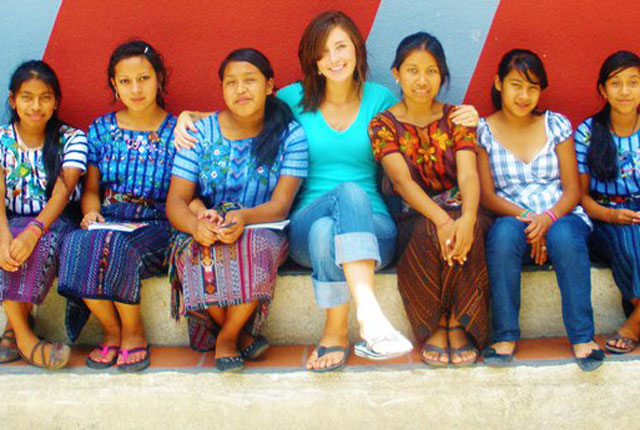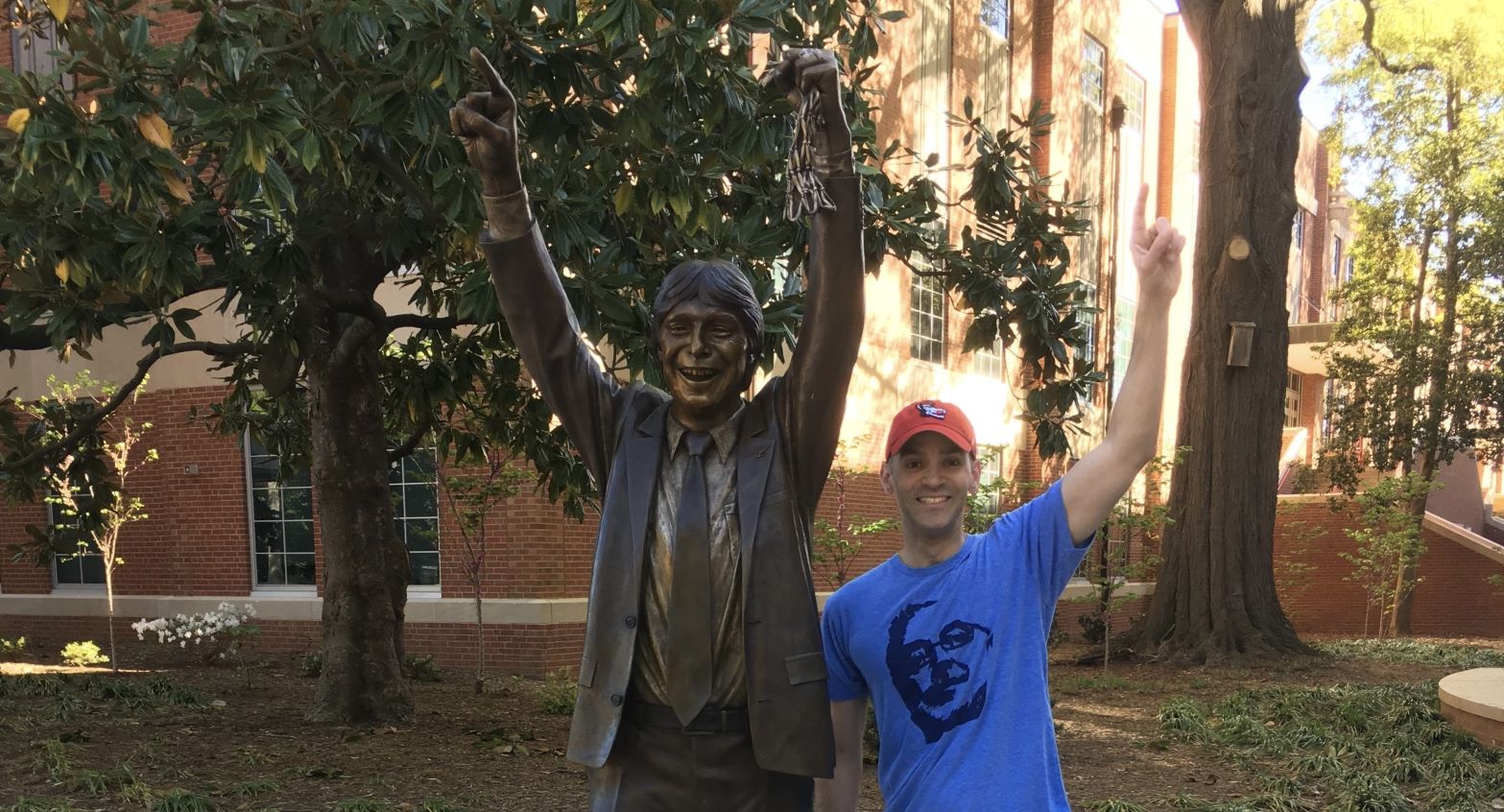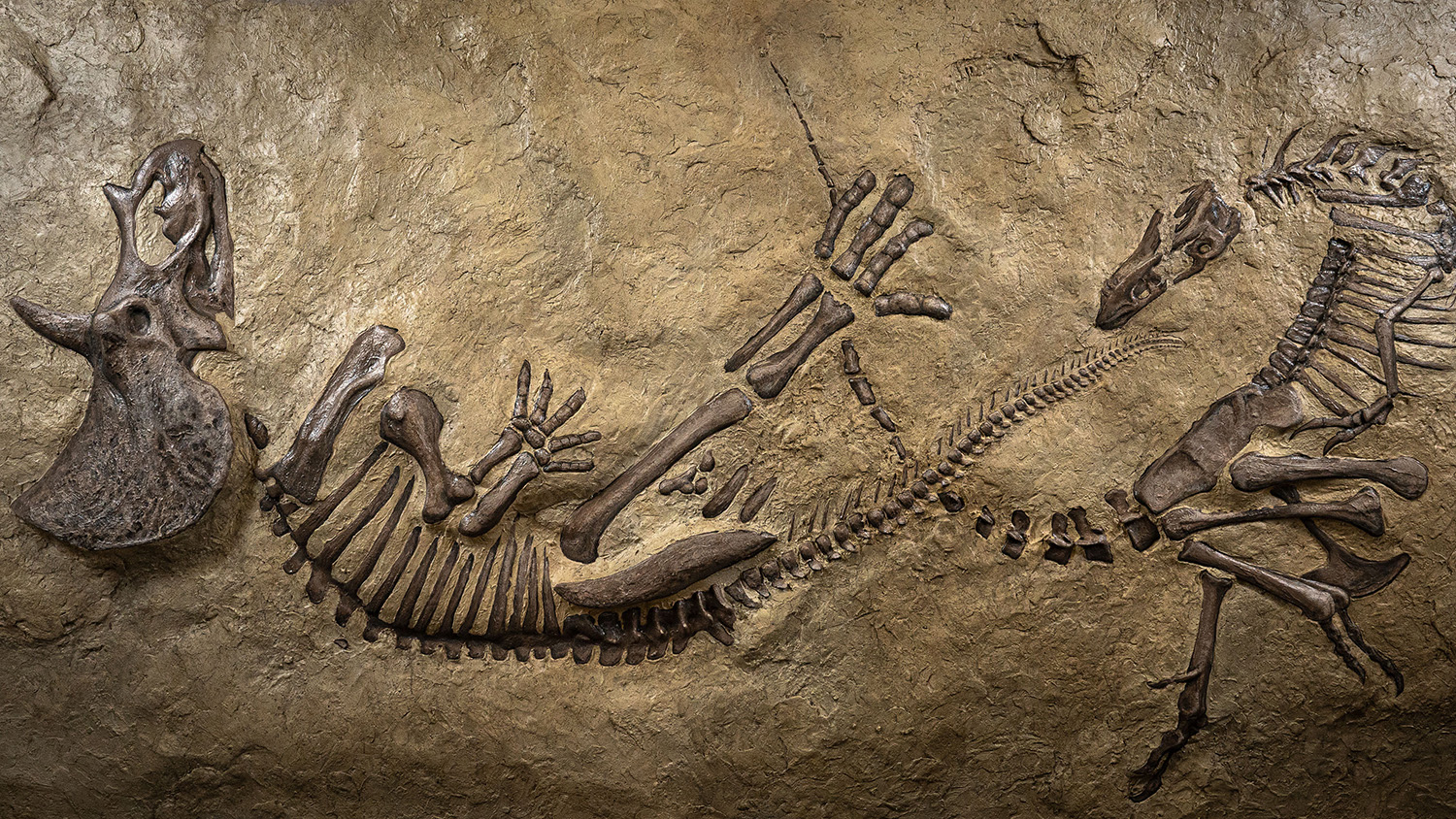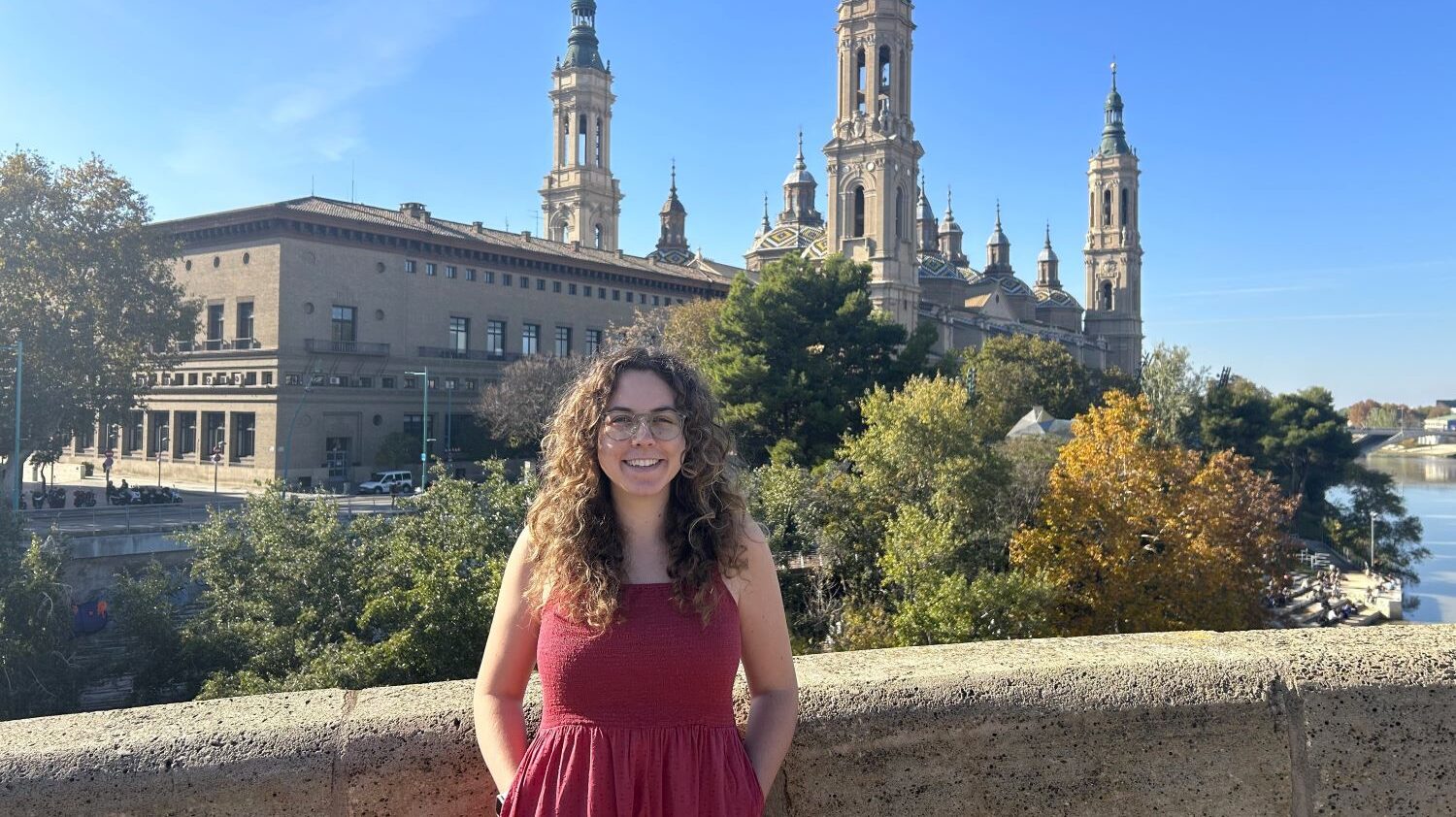Nonprofit, International Studies Lead Grad to Address Global Women’s Health


Confident and creative, Tracy DiTucci imagined herself thriving in the highly competitive marketing and advertising world. After a year of intense study at NC State University, she changed her mind.
“I decided it was not what I wanted to do for the rest of my life,” says DiTucci, who switched her major to international studies with minors in nonprofit studies through the Institute for Nonprofits and business administration. “Becoming more aware of the nonprofit field in general helped me discover my true interests and the work I wanted to do.”
That was in 2008. A handful of international trips later, during which she conducted ethnographic field research in Guatemala and led NC State students in providing direct service to communities through the Center for Student Leadership, Ethics & Public Service’s (CSLEPS) Alternative Service Break Program, DiTucci graduated in December 2011. During her last semester, she was hired by Ipas, a Chapel Hill-based nonprofit that addresses women’s health and reproductive rights internationally.
“I’ve been very, very fortunate with the opportunities I’ve had coming out of college,” says DiTucci, who has organized large-scale events for agency staff and partners in Uganda, Cambodia, Tanzania and Thailand. “I always tried to learn as much as I could from volunteer and internship opportunities, but I believe the nonprofit minor itself provided me with a framework for better understanding the unique role that nonprofits play in society and the different challenges and opportunities they face. The nonprofit studies minor prepared me to think ethically about how my actions, both as an individual and as a representative of an organization, affect those you’re trying to serve.”
DiTucci credits CSLEPS’ focus on developing student leaders committed to public service for reinforcing her own commitment. “They truly let you take on the leadership role and drive the process,” DiTucci says. “It really built my confidence. I brought a lot of those lessons and skills to my job.”
DiTucci’s daily tasks include creating detailed reports for donors and connecting with colleagues around the globe. “Every day at Ipas, I see the importance of how our activities always link back to our strategic plan,” she says.
Traci Baird, DiTucci’s supervisor at Ipas, says she has rarely encountered a new hire fresh out of college who possesses DiTucci’s skills, maturity and commitment.
“Tracy jumped in as an assistant without having had the depth of work experience or a master’s degree,” says Baird, who has served at Ipas for 18 years. “She brought a great core knowledge from her undergraduate degree that helped her get the learning curve quickly. She’s a great example, a great contributor.”
Baird says DiTucci demonstrates a high degree of sensitivity to cultural differences and respect for local knowledge, which is essential to building partnerships that will benefit women in communities where reproductive healthcare is either unavailable or discouraged. Her professionalism already has earned her a promotion.
“I like to see everyone in their role grow to help our staff develop professionally,” Baird says. “Tracy demonstrated leadership in the three synergy workshops we’ve held, where we bring our in-country staff together to share knowledge and strategies and frustrations. She is a masterful conference planner, not just logistics, but also substance. There were clear objectives and a lot of participation. We met our expectations.”
DiTucci is equally impressed by Baird, whom she considers an extraordinary mentor. “My supervisor encourages me to share my ideas and perspectives and contribute to areas I am passionate about,” she says. “I appreciate how she fosters both my professional and personal growth through my current role at Ipas.
“I think if there’s one thing I can hope for the nonprofit field, it’s that they embrace and nourish this new generation of leaders and allow them to take on leadership roles within the organization – they’re more than capable.”
DiTucci applies her student leadership experiences to developing global capacity-building events with Ipas offices in Africa and Asia. She is currently organizing a capacity-building workshop to be held in Ghana in early 2014.
“We focus on linking our staff and partners to share strategies and experiences and facilitate cross-country and cross-regional learning experiences” DiTucci explains. “It’s all very purposeful. We make sure we hire nationals from the countries and regions where we work who understand the local context because they live it and know the situation the best.
“Being able to interact with them — to learn what the true challenges and opportunities are to strategically overcome the barriers we face in the field as we work towards our mission — is fulfilling work. It helps me to learn so much.”

While DiTucci clearly can talk the talk and walk the walk, she’s also a 24-year-old with an explorer’s zest for seeing the world.
“It’s incredibly exciting. All of the trips have been amazing and eye-opening experiences for me,” she says. Amidst all the work, DiTucci has also been able to squeeze in some fun cultural opportunities as well.
“In Bangkok, my co-worker and I took a whirlwind 36-hour trip to visit an elephant rehabilitation park in northern Thailand. We went to the Elephant Nature Park, a sanctuary where they rescue and rehabilitate elephants that had been abused for logging or entertainment purposes. They do remarkable and important work there.”
DiTucci envisions a long-term career at Ipas but also intends to earn a graduate degree.
“Every one of my advisors said it would help me solidify the direction I wanted to take if I got some work experience under my belt first,” she says. “Having the practical experience is what will make me a valuable asset to a program, and I’ll get more out of it.”
While her rapidly growing skill set would make her an attractive catch for corporate work, DiTucci says increased pay or prestige is not a priority for career satisfaction. “I know that’s out there, but it’s not what matters,” she says.
“Ultimately, I want to be happy. I want to work for an organization whose mission and values align with my own,” she says. “I love waking up every day and being excited about my work, knowing that it’s making real change. The nitty gritty of our daily work may not seem like much, but at the end of the day, our collective work at Ipas is saving lives. When you think about it in that context, it’s great.”
By Jill Warren Lucas. This post first appeared in the NC State Institute for Nonprofits’ Philanthropy Journal.


